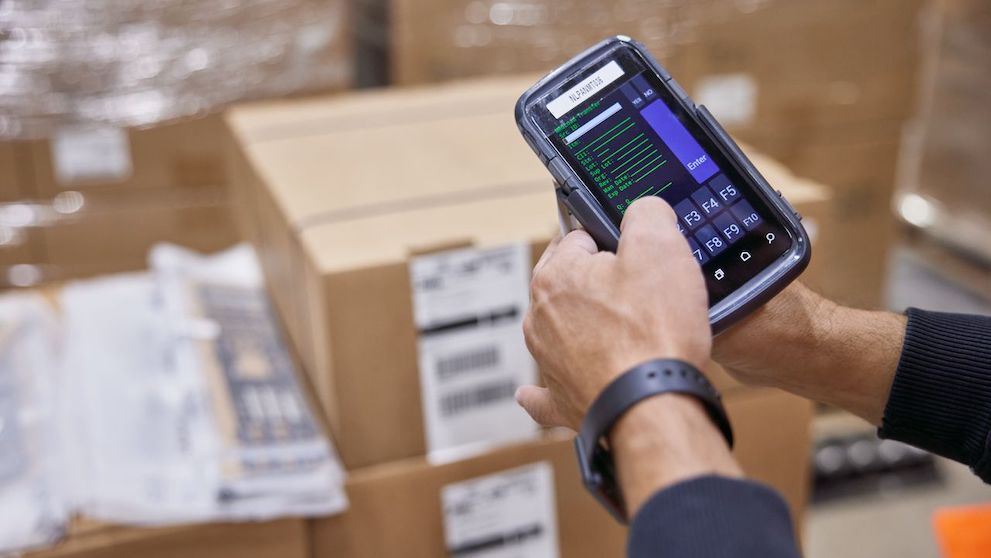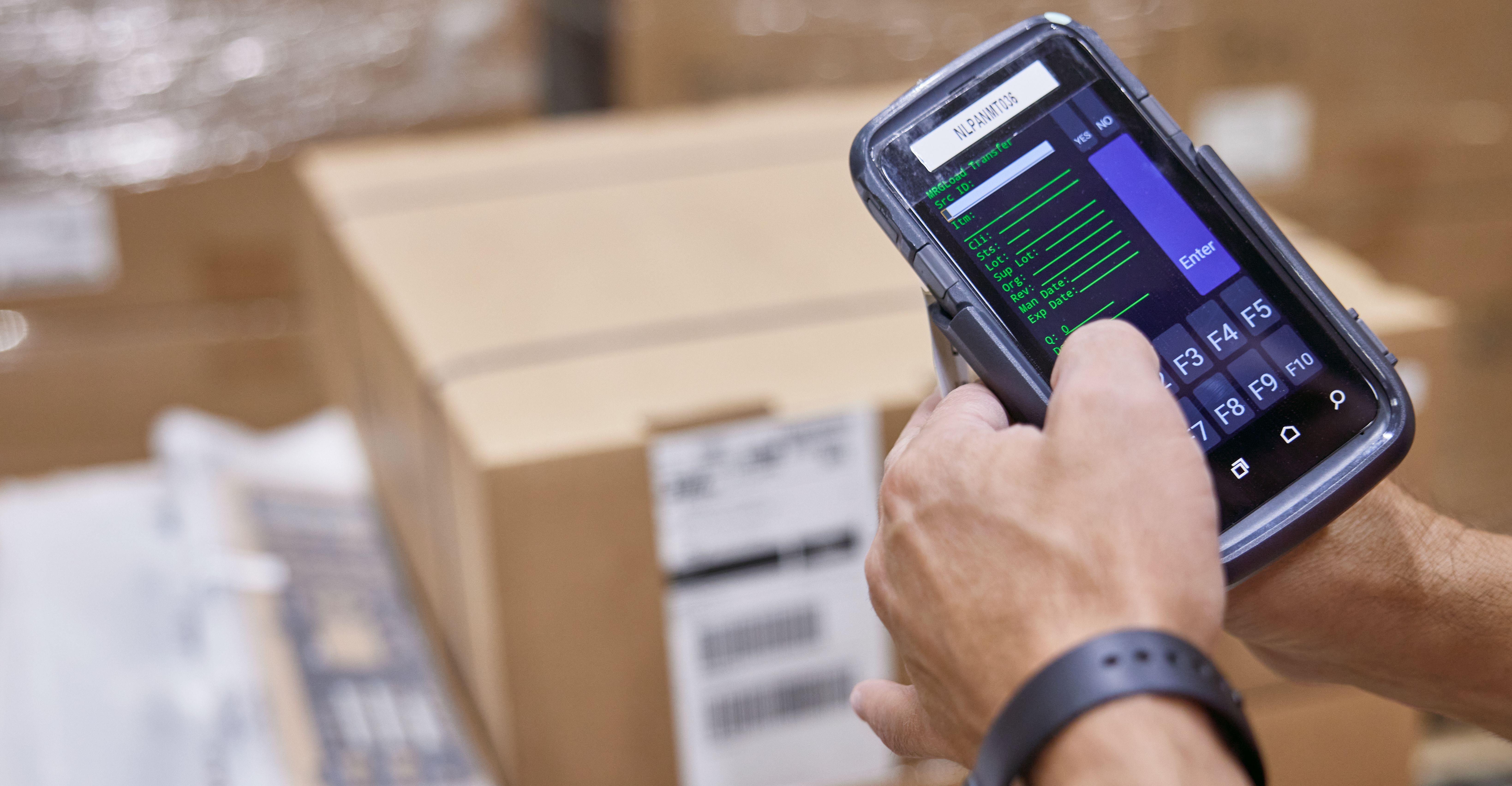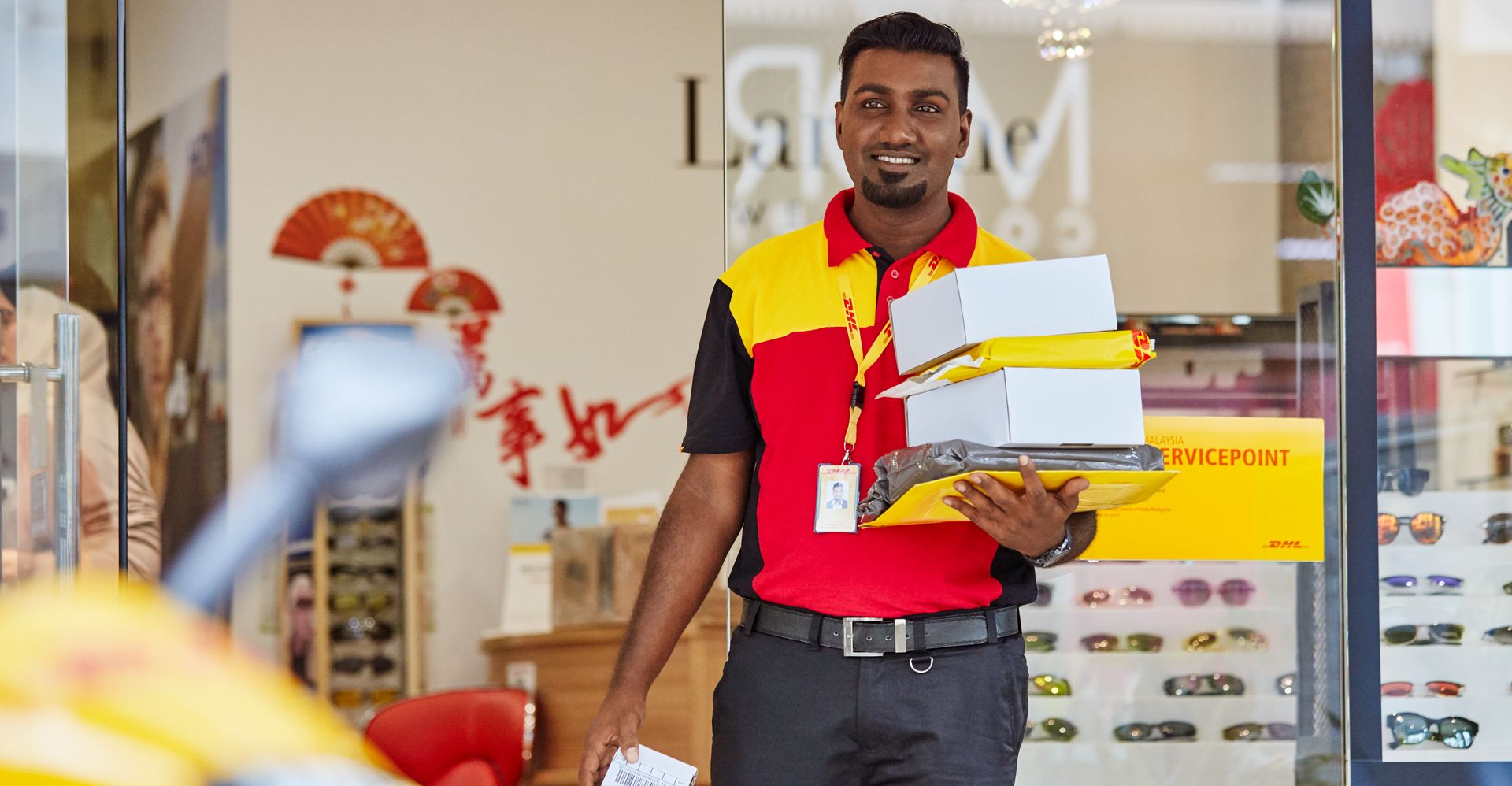Influencer marketing has made it to the forefront of marketing in recent years. With the considerable integration of social media in our daily lives, digital marketing companies are using social media as a more potent and effective tool to increase their clients' prominence in public.
Influencer Marketing Strategy
Unlike celebrity sponsorships, influencer marketing strategy hinges predominantly on the relationships built online through platforms such as YouTube, Twitter and Instagram. Globally, according to Statista, the average time spent on social media is 145 mins per day in 2020. People in countries with a high social media penetration, such as Malaysia, spend at least three hours daily scrolling through their social media, watching videos or and reading posts.
Influencer marketing is extremely advantageous in countries or cities with high social media penetration. Increasing visibility online has a direct correlation to brand awareness. With the proper influencer marketing strategy, this data can be translated into growth in e-commerce sales and brand loyalty. Digital marketing services often employ the social currency of different tiers of social influencers to increase brand visibility and awareness — here’s a quick comparison table.
Type of influencer | Followers | Cost per post (US$) |
Nano | 1,000 to 10,000 | $10 to $100 |
Micro | 10,000 to 50,000 | $100 to $500 |
Mid-tier | 50,000 to 500,000 | $500 to $5,000 |
Macro | 500,000 to 1 million | $5,000 to $10,000 |
Mega | > 1 million | >$10,000 |
There is a shift to using micro influencers because of their affordability, authentic content, and credible recommendations. As the number of followers increase, the level of engagement decreases. Marketing strategies that rely on engagement, would favour the impact that micro influencers have on their audience.
What is Micro Influencer Marketing?
A micro influencer is someone who has an online following that ranges between 1,000 and 100,000 people. It is influencer marketing, but on a smaller scale. A successful digital marketing strategy promotes products or services with genuine, personal posts instead of sponsored ads.
There are many reasons why digital marketing campaigns would prefer using smaller social influencers. These include:
1. Trusted Relationship with Followers
Smaller influencers have targeted audiences and have established a personal connection with their followers. They often have niche content and their followers are genuinely interested in their development. It was found out by Marketing Dive that around 82% of consumers were likely to follow the recommendation of micro influencers.
2. Affordability and Volume
3. Authentic and Higher Engagement
Forbes studies have shown that micro influencers have 22.2 times more conversations than typical users. Their posts and online behaviours are more authentic leading to their followers being more inclined to click and learn more about the brands that they post. Daniel Wellington had leveraged this authenticity to grow its brand and Instagram account.
How to Choose the Right Micro Influencer for your Campaign?
1. Determine the Social Media Platforms to Target
In Southeast Asia, social media penetration is extremely high, with YouTube being one the leading platforms among users (94% in Malaysia). Facebook and Instagram also boast healthy user penetration. An understanding of the types of platform your brand should target will allow you to create a more effective digital marketing strategy. Things to consider when choosing a social media platform:
Age demographics. For example, platforms such as TikTok and Instagram are more popular for younger generations. Facebook is popular for older consumers.
Type of industry. Consider platforms that are suitable for B2B, B2C and C2C marketing strategies. LinkedIn for example is a powerful network for B2B marketers.
Type of content. Determine if the platform is suitable for your brand. You should plan what time of content (video, posts, tweets) that will suit your marketing strategy and rand image.
2. Consider Their Engagement Rate
Determining the Returns on Investment (ROI) of influencer marketing can sometimes be a challenge. Thankfully, investing in micro influencer marketing platforms yields some of the best benefits. Social posts created by smaller influencers achieve 60% higher post engagement than macro influencers, making it a more attractive method of creating brand awareness and engagement. Advanced engagement can be calculated via the ratio of interactions (likes, comments, clicks or a combination of the three) to the amount of followers the influencer has. The rate can also be calculated via the ratio of interactions to number of reach. Considering the advanced engagement rate formula instead of just the amount of followers, will give you a clearer understanding of the influence of their posts and videos. Thus, it will allow you to better position your influencer marketing strategy.
3. Consider the Brand Relevance
Micro influencers are very much similar to Key Opinion Leaders (KOLs) – in that they both cater to a niche portion of audiences. Accordingly, use your discretion to determine if the influencers you are hoping to partner with match your brand image. Relevant factors to consider:
The type of content the micro influencer is known for. A make-up brand should work with a beauty influencer while a fitness apparel brand should partner with fitness expert on social media.
The followers of your micro influencer should be a part of your target audience. If you have multiple demographics of consumers, you should partner with different KOLs who cater to various demographics.
4. Build an Authentic Relationship
It is advisable to build a long-term marketing campaign with micro influencers rather than simply having a one-off post. Having a longer marketing campaign would increase the probability of customer retention given the type of audience micro influencers command.
Find Influencers for your Industry
Once you know what to look for in a micro influencer, you need to find them. Discovering the influencers in your industry is the next step to grow your business with influencer marketing.
1. Target Audience
Get into the mind of your consumer. Consider what they want, their interests, their jobs and their habits. With the consumer journey in mind, you can explore the social media platforms to find KOLs your target audience may be following.
2. Use Hashtags
Using hashtags, you can easily find social media users that posted that hashtag. More often than not, the influencers using relevant hashtags to your industry could be potential partners for your influencer marketing.
3. Competitors
It is useful to look at the micro influencers your competitors work with because the target audience will be similar.
4. Different Platforms
Different social media platforms cater to different types of consumers and different generations too. Not all TikTok influencers are popular on Instagram. YouTubers may not be as viral on Twitter. You can research on different platforms to diversify your digital marketing strategy. Some popular platforms you can start your research in are:
Facebook
YouTube
WhatApp
Instagram
WeChat
TikTok
Douyin
QQ
Telegram
Digital Marketing: Go Small or Go Home
Working with micro influencers is a cost-effective marketing strategy. Explore its power and effectiveness to integrate it as part of a cohesive digital marketing strategy that you can use to scale your e-commerce business.
















































